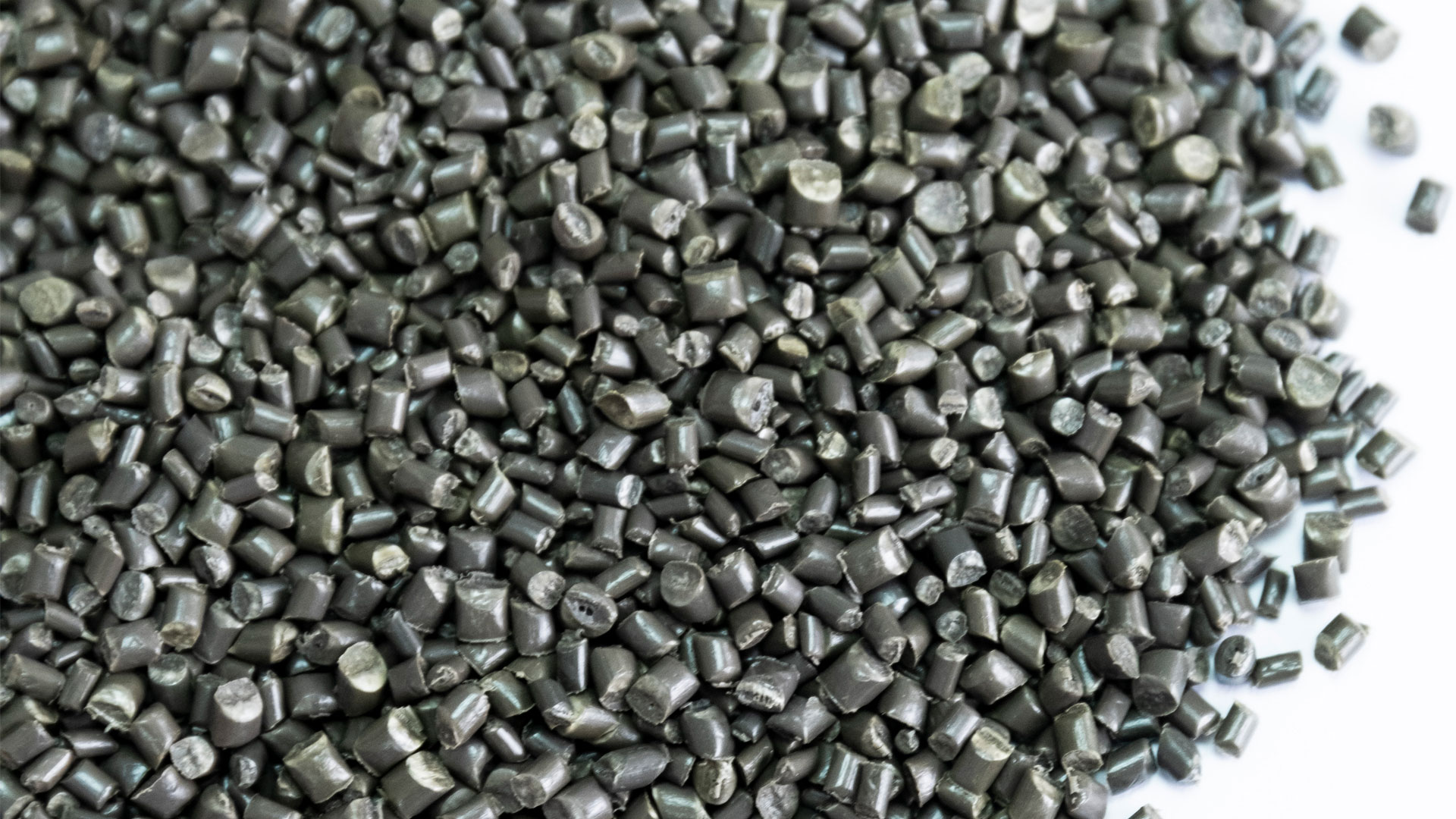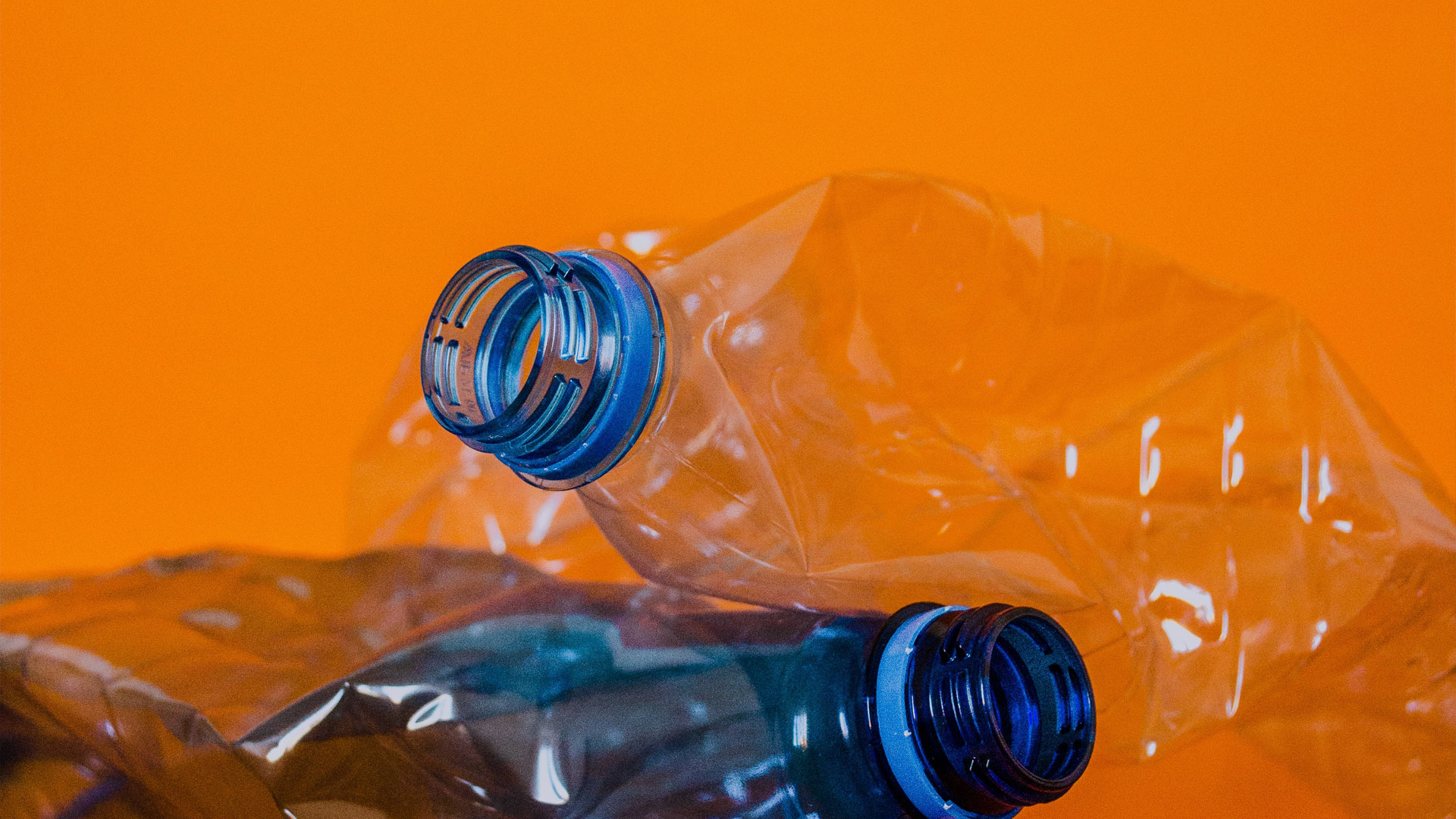Коли в Україні розповідають про переробку сміття, майже завжди згадують про Швецію. І не дарма. У цій країні лише 3% сміття викидають, решта – повторно використовується, переробляється чи спалюється. В Україні, навпаки, близько 94% відходів відвозять на полігони, офіційна площа яких вже досягла 100 квадратних кілометрів, тобто займає 12% території Києва.
Що робити з відходами – проблема не лише міських адміністрацій, але і промислових підприємств. Наприклад, наша компанія спеціалізується на виготовленні рулонного упакування, готових пакетів для широкого спектру товарів та флексодруці, тож технологічних відходів у нас – 10% від загальної кількості продукції. Це оптимальний показник для нашої галузі, однак багато для навколишнього середовища. І це проблема. Бо зараз в Україні переробляється близько 10% полімерів, решта – осідають на звалищах та розкладатимуться там не одну сотню років, забруднюючи землю. Це добре розуміють вже й на рівні держави. Наприклад, з січня 2023 року в Україні заборонено розповсюджувати тонкі й надтонкі поліетиленові пакети, відомі як «маєчки» та й менші за розміром, товщиною до 50 мкм. А альтернативні – біорозкладні продають по 1,5 грн за штуку, щоб мотивувати споживачів відмовитись від покупки одноразових пакетів. І це правильна ініціатива, на мій погляд.

Ми почали думати про цю проблему ще від початку створення нашого підприємства у 2006 році. Чому? Бо компанія зазвичай відображає цінності свого власника, а в моїй сім’ї вже багато років не викидають сміття. Усе, що можна віддати на переробку – папір, бляшанки, скло – усе відвозимо дорогою на роботу у пункти прийому. Органічні відходи закопуємо під малину і влітку маємо добрий врожай.
В компанії діє те саме правило. В офісі сортуємо усі побутові відходи і співробітники несуть цю культуру у власні сім’ї. Якщо ж говорити про промислове виробництво, то спершу навчились сортувати наші технологічні відходи – розділяти їх на ті, які підлягають вторинній переробці, і решту. І тих, і інших у нас приблизно половина.

Ще у 2020 році ми вирішили освоїти нову діяльність - придбали обладнання, вартістю біля 100 тисяч доларів, яке дозволяє переробляти полімери у гранули на виробництві. А потім продаємо їх вже за 32 грн за кілограм. Спершу про окупність інвестицій ми зовсім не думали. Мене мотивували інші речі – що за нашими гранулами вишикувалась черга, склади не забиті відходами і за них плачу не я, а навпаки отримую кошти. Однак згодом зрозуміли, що це привабливий бізнес і повернути інвестиції, вкладені в купівлю обладнання, можна за п’ять років. Зараз ми навіть забираємо відходи, ті самі полімери, у наших колег, щоб збільшити виробництво та зробити проєкт ще більш рентабельним.
Ми ніколи не викидали відходи на смітник. Ті, що не підлягають переробці, передаємо ліцензованим компаніям на утилізацію. За це потрібно платити. Зараз переробка кожного кілограму сміття коштує 6 гривень, і ця вартість постійно зростає. Працюємо із двома заводами - у Броварах (Київська обл.) та в Житомирі, де німецьке обладнання дозволяє спалювати сміття із мінімальними викидами. І отримувати натомість гарячу воду. Тож завдяки нашим відходам у домівках жителів Броварів, місті під Києвом із населенням більше 100 тисяч чоловік, тепло. Житомирський завод у перспективі планує встановити турбіну та виробляти електроенергію для потреби містян. Тож за нашими відходами вже стоїть черга.
Так само, як і вдома, хочемо зробити наше виробництво повністю безвідходним. Тож працюємо над тим, щоб знайти можливість переробляти половину наших відходів, які зараз відправляємо на утилізацію. Готового рішення ще немає. Ще до повномасштабного російського вторгнення планували розвивати наш переробний бізнес та розпочати виготовлення готової продукції з гранул, як от відер, фурнітури для меблів чи ручок для ножиць. Зараз він тимчасово «на паузі», однак у найближчий час плануємо повернутись до цього проєкту.
Переробний бізнес може бути успішним – і це розуміємо не тільки ми. Зараз в Україні працює біля 100 підприємств, які займаються різними видами діяльності. Наприклад, деревні відходи, листя і трава частково переробляються на паливні брикети і навіть експортуються до країн ЄС. З макулатури виробляють листи гофрокартону, а в подальшому - ящики, картон і папір. З металобрухту можна робити цвяхи. І кількість бажаючих займатись цим видом діяльності лише зростає – навіть зараз по всій країні розробляються проєкти та будується з десяток нових підприємств.

Україна має шанси переробити усе своє сміття та очистити полігони. Пам’ятаю, як у Швейцарії я вперше спостерігав, як автомобіль збирає конкретні відходи – папір, пластик чи органічне сміття. В наших містах часто можна побачити, як з різних контейнерів, де фасують відходи, усе засипається в один автомобіль, який їде на полігон. Цю практику потрібно міняти. Так само, як і пояснювати споживачам, що перед здачею сміття у переробку – того ж пластику, пляшку потрібно помити. Формувати правильну культури поводженням із відходами не так і просто, однак українці полюбляють усе нове і, мені здається, підхоплять нові віяння. Однак для цього потрібна державна підтримка.





.png)
.png)

.png)


.webp)
